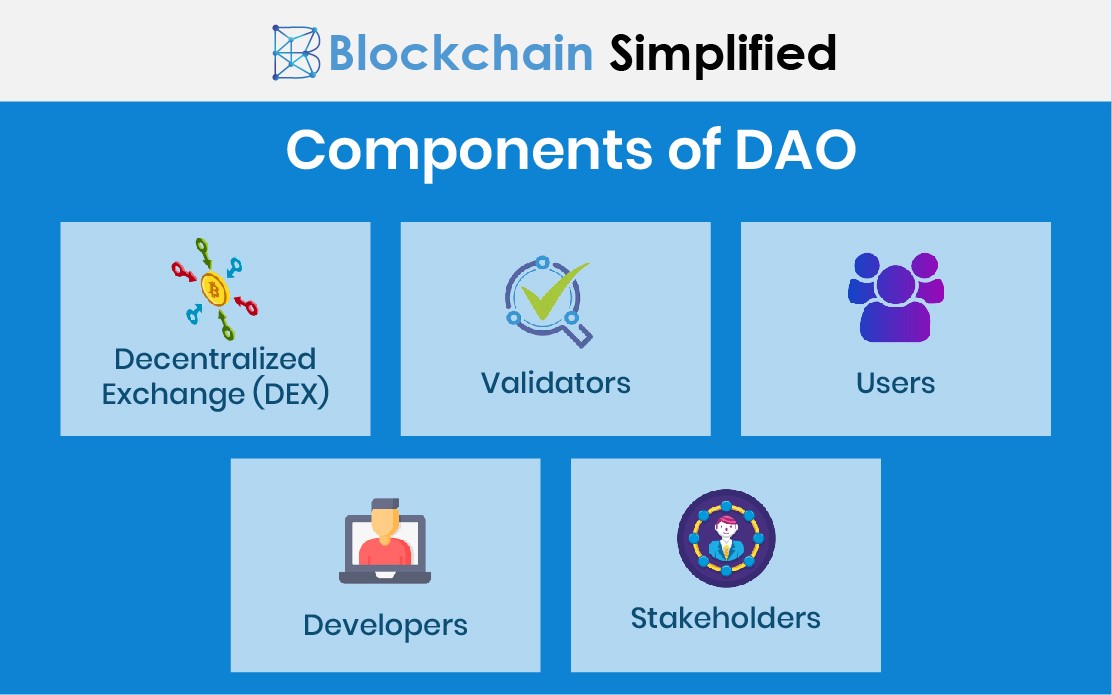
Decentralized autonomous organizations (DAOs) are a new type of digital organization that are run by a set of rules encoded on a blockchain. These organizations are decentralized, meaning that they are not controlled by any single individual or entity, and autonomous, meaning that they operate independently of human intervention. The combination of these two characteristics makes DAOs a unique and innovative form of organization that has the potential to revolutionize the way we think about governance and decision-making.
One of the key benefits of DAOs is their ability to create more democratic forms of governance. Because DAOs are decentralized, power is distributed among a network of individuals rather than being concentrated in the hands of a small group of leaders. This allows for a more inclusive and fair decision-making process, where everyone has an equal say in the direction and actions of the organization.
Another benefit of DAOs is their ability to operate in a more transparent and accountable manner. Because all actions and decisions made by a DAO are recorded on a blockchain, they are transparent and can be audited by anyone. This allows for greater transparency and accountability, which can help to build trust and legitimacy in the organization.
One of the most striking applications of DAOs is using them to run Decentralized Finance (DeFi) protocols and platforms. Where traditional finance relies on centralized intermediaries, DeFi uses smart contracts and open-source software to create a trustless, decentralized system for lending, borrowing and trading digital assets. This could potentially provide financial services to people who were previously excluded from traditional financial systems.

DAOs also have the potential to create new and innovative business models. Because they are autonomous, DAOs can operate 24/7 and can make decisions quickly and efficiently, which can give them a competitive advantage over traditional organizations. In addition, because DAOs can operate globally and can raise funds from anyone, they have the potential to create new opportunities for investment and growth.
In conclusion, DAOs are a new and innovative form of organization that has the potential to revolutionize the way we think about governance and decision-making. Their decentralized and autonomous nature allows for more democratic forms of governance, greater transparency and accountability, and new business models. While the technology is still in its early stages, the potential benefits it offers are significant, and more research should be done to explore its full potential.